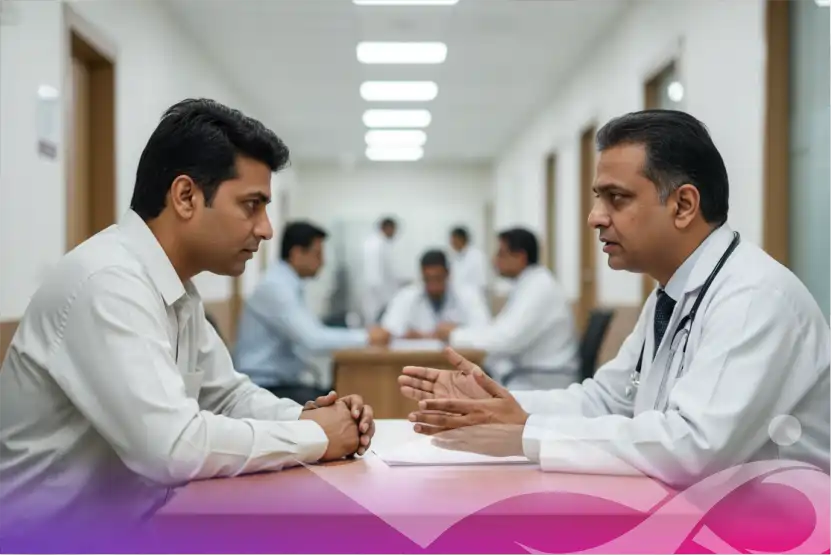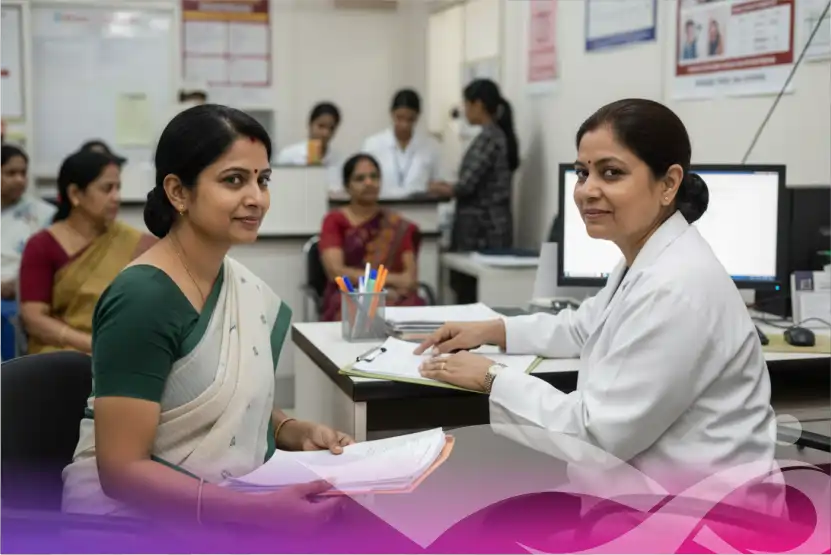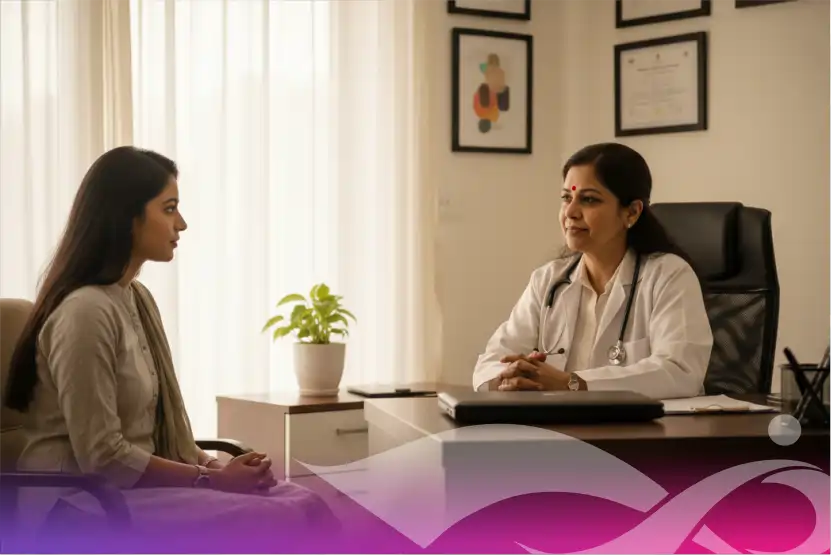Although the road through cancer treatment is challenging, recovery brings particular challenges, particularly concerning nutrition. Depending on what you eat and avoid, healing, regaining strength, and supporting your body to recover from treatments including radiation and chemotherapy. At IOCI, we help our patients through the finest nutritional practices for best recovery since we know that nutrition is the foundation of comprehensive cancer treatment for all, including those facing Common types of cancer in India.
Value of Onco-Nutritional Support for Recovery
Over cancer treatment, the body underlines a lot. Therapies can cause side effects including nausea, loss of appetite, taste changes, and tiredness, compromising the necessary nutrition. Still, a well-balanced diet is quite important for:
- Strengthening immunity to fight diseases and help to stop recurrence.
- Fighting fatigue and rebuilding endurance helps to restore energy levels.
- Managing side effects from drugs can be achieved with some meals helping with constipation or diarrhoea.
- Maintaining a healthy weight means stopping inadvertent weight increase or loss that could hinder healing.
Not about restrictive diets, onco-nutrition is about providing particular nutritional support catered to the needs post-treatment.
What should I concentrate on given important dietary recommendations?
Although customised advice from a registered dietitian or nutritionist focused in oncology is always best, here are some broad guidelines for cancer recovery:
- Essential for immune system performance and tissue healing are lean proteins. Add lean meats, poultry, fish, eggs, legumes (beans, lentils), tofu, dairy products.
- Whole Grain Foods: Offer constant energy and fibre. Go for quinoa, whole wheat bread, brown rice, and oats.
- Numerous fruits and vegetables abound. loaded in vitamins, minerals, antioxidants, and fibre. Try for a wide range of colours to guarantee a good spectrum of nutrients. If available, organic choices are better; also, they guarantee complete washing.
- Important for energy and nutrient absorption are healthy fats. Add avocados, almonds, seeds, olive oil, and fatty fish—like salmon.
- Drink plenty of fluids throughout the day—water, herbal teas, diluted juices, broths—to prevent dehydration and assist the body in flushing toxins.
- Little, Frequent Meals Eating smaller, more frequent meals can be easier to control if appetite is a problem than three big ones. More helpful are nutrient-dense snacks.
- Food Safety: The immune system might still be compromised in recovering. Practice great food hygiene: avoid raw or undercooked foods, wash fruits and vegetables carefully, thoroughly wash hands, cook meats to proper temperatures.
Limit or Avoid:
- Certain foods and behaviours can endanger recovery or cause problems.
- Often heavy in unhealthy fats, sugar, and synthetic additives—which provide little nutritional worth—processed foods
- Too much sugar can aggravate inflammation and possibly weaken the immune system.
- Red and Processed Meats: Cut back as some studies point to a connection to higher cancer risk.
- Alcohol should be avoided or consumed in very small amounts since it interacts with drugs and might impede recovery.
- Products Without Pasteur: If your immune system is still fragile, steer clear of soft cheeses, unpasteurised juices, and raw milk.
- Foods That Cause Uncomfort: Pay close attention to how various foods affect you; avoid those that cause stomach upset, bloating, or nausea.
Changing to a supporting diet throughout rehabilitation is a great approach for healing and motivating long-term wellness. It encourages active participation in one's health. Although there are many factors to take into account for cancer prevention strategies, concentrating on a good diet during recovery also greatly improves general health and lowers the chance of recurrence or new cancers. This directly relates to understanding How to reduce cancer risk naturally through dietary choices and overall lifestyle.
Our integrated care approach at IOCI consists of dietary counselling, ensuring that you obtain professional advice on customising your diet to meet your particular recovery requirements.
Consult us at any of our locations—across IOCI Noida, Greater Noida, Mumbai, Indore, Aurangabad, Agartala, Saharanpur, Kanpur and Jodhpur.












